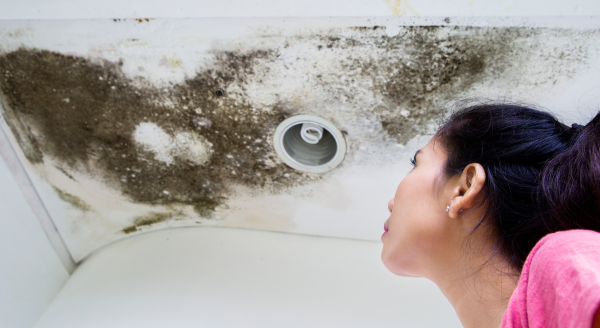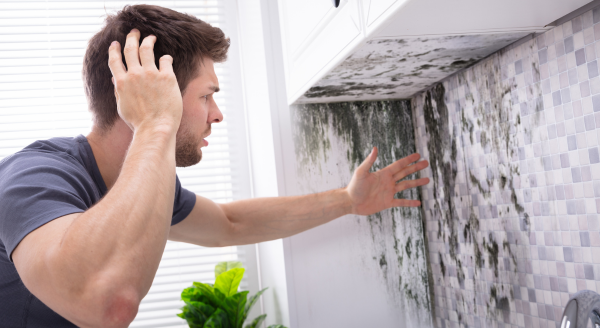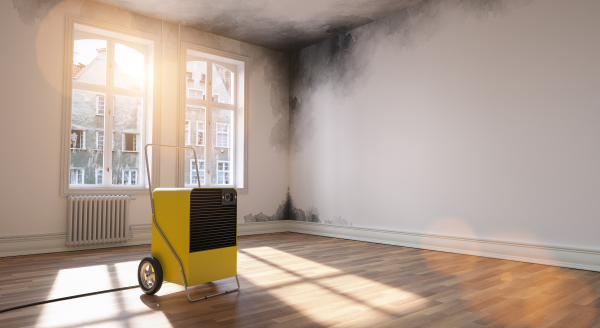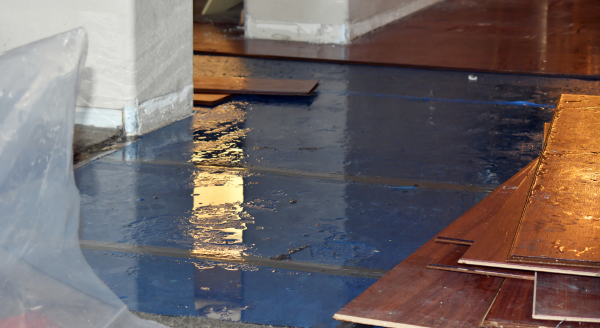Mold remediation is an important job. Not only does it restore the quality of a home, but it also helps protect the health of its occupants. However, not just anyone can be a mold remediator. There are qualifications and educational requirements that you must meet to receive your mold remediation license. But what happens if you contract without a license? Here’s what you should know.
What Happens If You Contract Without A License?
The consequences of contracting without a license may vary slightly from one state to another. In Florida, statutes are pretty clear on the requirements of a contractor license. Under Florida law, no one shall:
(a) Falsely hold himself or herself or a business organization out as a licensee, certificate holder, or registrant;
(b) Falsely impersonate a certificate holder or registrant;
(c) Present as their own the certificate or registration of another;
(d) Knowingly give false or forged evidence to the board or a member thereof;
(e) Use or attempt to use a certificate or registration that has been suspended or revoked;
(f) Engage in the business or act in the capacity of a contractor or advertise themselves or a business organization as available to engage in the business or act in the capacity of a contractor without being duly registered or certified;
(g) Operate a business organization engaged in contracting after 60 days following the termination of its only qualifying agent without designating another primary qualifying agent, except as provided in ss. 489.119 and 489.1195;
(h) Commence or perform work for which a building permit is required pursuant to part IV of chapter 553 without such building permit being in effect; or
(i) Willfully or deliberately disregard or violate any municipal or county ordinance relating to uncertified or unregistered contractors.
With nine different ways to commit the crime of contracting without a license, it’s essential to understand the penalties. Florida can charge unlicensed contractors as a first-degree misdemeanor, resulting in up to a year in prison or 12 months of probation. The guilty party may also be fined up to $1,000.
However, if an individual is found practicing without a license again, they may be charged with a 3rd-degree felony and be forced to serve up to 5 years in prison as well as forced to pay a $5,000 fine.
The consequences of contracting without a license are steep. Thankfully, obtaining your mold remediation license isn’t difficult. And with it, you can practice with the peace of mind that you’ve done everything you need to do.
How To Get Your Mold Remediation License
To obtain your mold remediation license, you must first complete 24 hours of training. Once completed, you can pay to apply for the next available exam. If you pass and you have completed at least two years of college courses at a community college, you can pay to apply for your business license. Typically, business licenses only cost around $100, which is relatively affordable compared to other professions.
If you need help obtaining your mold remediation license, consider reaching out to an expert for guidance on how you can proceed with your education and develop a solid and thriving business.
Looking for a Training Institute?
If you aren’t sure how to take classes or the licensing examination, call us today. The National Environmental Training Institute (NETI) is a state-certified training company offering Mold Remediator and Mold Assessor training. NETI also provides continuing education units (CEU’s), certification, and licensing.










